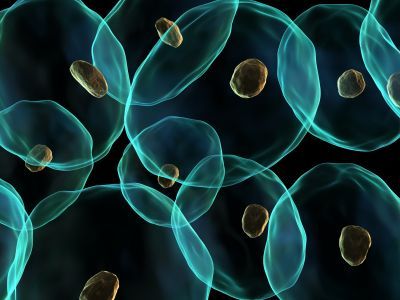Asians, Africans left out of stem cell research: study

Asians and Africans may be less likely to benefit from pioneering stem cell research than people of European origin, thanks to a lack of racial diversity in cell stocks, a US study said Wednesday.
A University of Michigan research team found that stem cell lines came overwhelmingly from individuals of European descent, which could leave the impact of diseases on other races understudied, the team said.
"It is crucial that diverse lines are available for this research to ensure that all patients benefit from the results," said Sean Morrison, director of university's Center of Stem Cell Technology.
The study, published on Wednesday in the New England Journal of Medicine, examined 47 commonly used embryonic stem cell lines, of an estimated 700 currently being used in research.
Of the 47 lines just two were of East Asian origin, none were of African or Pacific Island descent, nor from groups indigenous to the Americas.
Stem cells, which are capable of developing into almost every tissue in the body, are seen as the greatest hope in curing a range of diseases from cancer to Alzheimer's, and of growing transplantable organs and tissues.
"We expected Europeans to be overrepresented, but we were surprised by how little diversity there is," said Morrison.
"Embryonic stem cell research has the potential to change the future of medicine," said Morrison. "But there is a lack of diversity among today's most commonly used human embryonic stem cell lines, which highlights an important social justice issue."
In a statement researchers said wider diversity was needed "because certain groups may respond to medications and treatments differently."
Embryonic stem cell research has grown apace in recent times, thanks in part to a US government's decision lifting a ban on developing new lines.
But as new research has developed, so too has the number of bioethical questions surrounding the new technology.
The research has long been controversial because human embryos are destroyed in order to obtain the primitive cells.
arb/jkb
Join our commenting forum
Join thought-provoking conversations, follow other Independent readers and see their replies
Comments